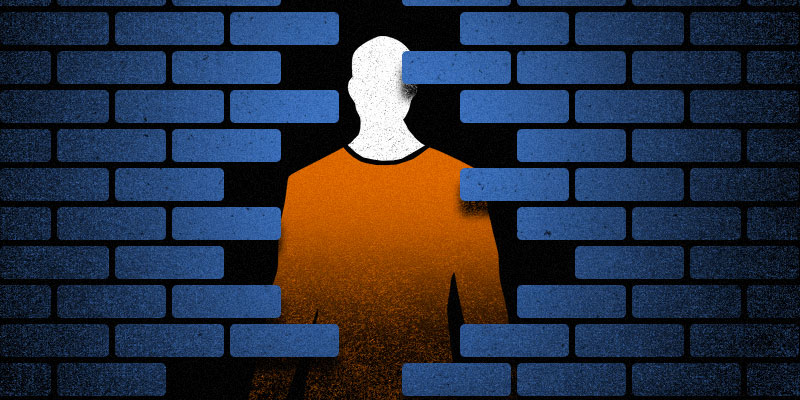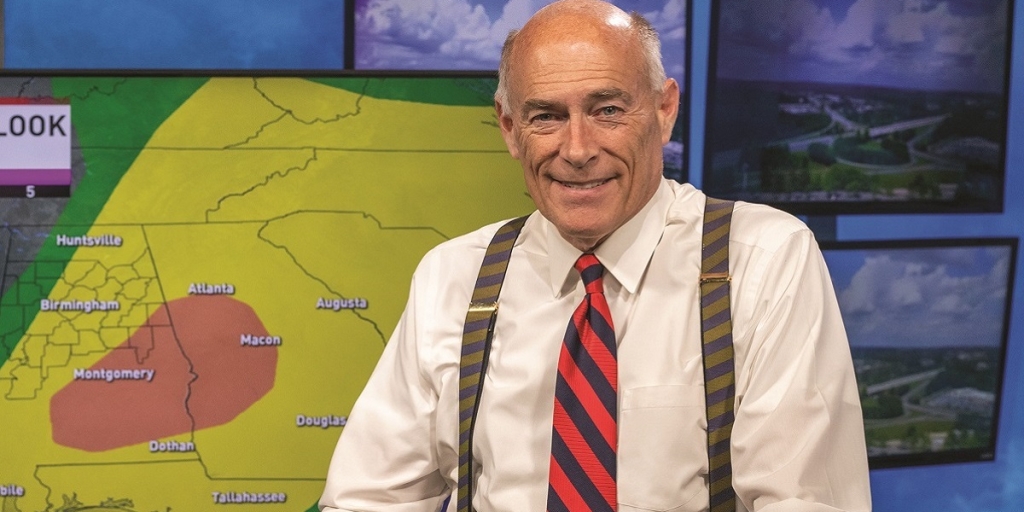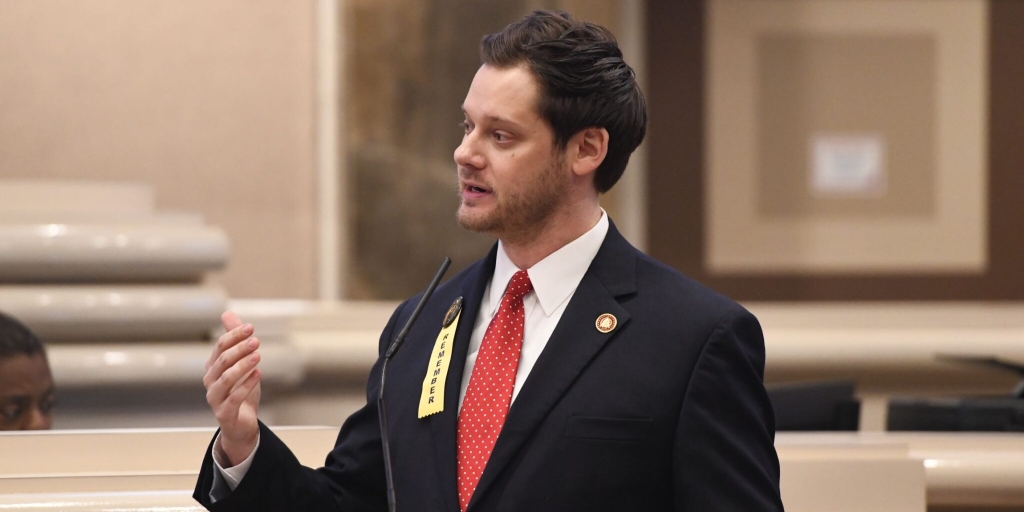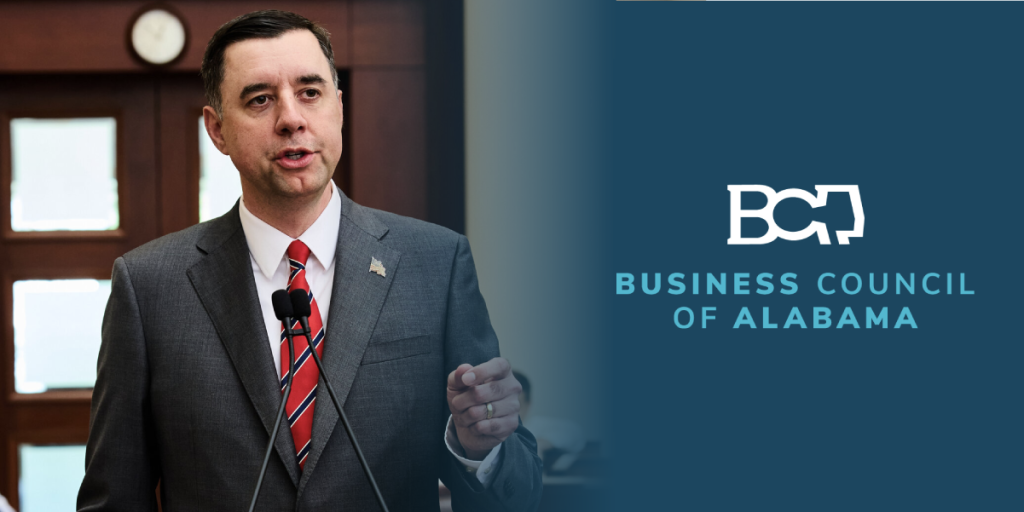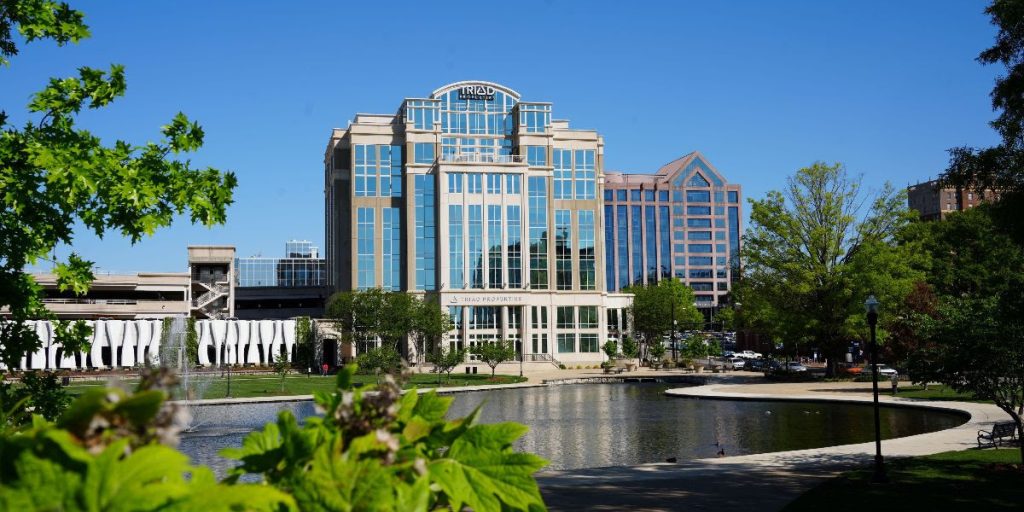A federal judge called “horrendously inadequate” the care of inmates in Alabama’s prison system, which has received national attention. Lawmakers have debated how to handle the overcrowded and understaffed prisons, including possibly privatizing the system.
In advance of the June 5 primary election, Alabama Policy Institute and Yellowhammer News recently asked candidates for governor and attorney general how they think the situation should be handled in a questionnaire sent to all candidates.
Incumbent Republican Gov. Kay Ivey called the prison system “our state’s biggest challenge,” arguing the state’s handling of the situation risks a takeover by federal courts.
“Correctional professionals work diligently to provide security, medical, mental health and rehabilitative services in a challenging environment,” Ivey said. “They deserve our attention and support. We must also work diligently to provide appropriate care to those placed in the custody of the Department of Corrections.”
Ivey said that after she took office, she instructed DOC Commissioner Jeff Dunn to work with her staff to develop a plan to address correctional staffing and make capital investments in prison infrastructure.
“We will no longer guess about possible fixes,” Ivey said. “Instead, I will present to the people a workable solution to this generational problem.”
Huntsville Mayor and GOP gubernatorial candidate Tommy Battle said prison reform “is a priority in our 90-Day Battle Plan.”
He said to address the problem he would review the federal report with mandates for improvement and determine a course of action that would include a review of all contracts executed by the prior administration.
His plan also calls for working “with judiciary and law enforcement on evaluation of sentencing guidelines, [partnering] with local training programs to establish skills training for inmates that will equip them with the skills needed to obtain a job when they re-enter the workforce [and partnering] with sheriffs and counties across the state to collaborate for additional bed and workforce training.”
State Sen. Bill Hightower, another Republican gubernatorial candidate, said he would approach the issue “in the most cost-effective and positive way possible.”
“I will support mental health efforts and a further segmentation of the prison population in order to treat each situation more specifically,” he said.
The mega prison concept touted by former Gov. Robert Bentley was not politically feasible, Hightower said, so improvements must be made to existing prisons to aid the safety of staff, allow continued access by the community and family members and better enable prisoner reintegration into society. He said the last point would lower recidivism.
“We must enable the prisoners to reenter society and to be successful,” he said. “Our churches and communities are vital to [their] success.”
GOP candidate for governor and evangelist Scott Dawson notes, too, that he disdains the mega-prison concept.
“We can build the largest prisons on earth and talk about consolidating resources, but if we don’t work to eradicate the source of our problems, those facilities will be overcrowded and deteriorated soon enough,” he said.
Instead, Dawson proposes increased partnerships with the faith-based community, nonprofit groups and vocational schools and colleges to provide educational programs, diversion programs and drug treatment programs for prisoners.
“While there is a cost to sin and crime that we must bear, I hope that for every dollar that goes into construction, we will spend an equal amount to give prisoners hope beyond bars and reduce recidivism,” he said.
Incumbent Attorney General Steve Marshall declined to offer an opinion on the issue, noting the state is currently litigating the issue so he didn’t feel it was appropriate.
One of his GOP opponents, former U.S. Attorney Alice Martin, said a prudent reform would be the expansion of drug courts, mental health courts and veterans’ treatment courts “to help relieve prison overcrowding while also improving access to much needed rehabilitation and treatment services.”
Martin said she would ensure that reform does not create a “catch and release environment,” having heard from local law enforcement that current sentencing guidelines and the creation of the Class D felony in Alabama has led to criminals knowing “they will not be held accountable under the current prison reform scheme.”
Martin said she doesn’t oppose private prisons, but said the state “should be cautious in light of the pros and cons experienced by other states who have experimented with private prisons.”
Attorney and former criminal court judge Chess Bedsole, the third GOP candidate for attorney general, said he would also push for better mental health care and expansion of services for veterans.
“As a former criminal court judge, I supported law enforcement efforts to fight drug sales and worked with local charities and churches to help victims of domestic violence,” he said. “I also cut costs to taxpayers by requiring work or school of young, able-bodied, nonviolent offenders.”
Bedsole said he would continue to support law enforcement in those efforts, but would fight against any prison reforms that would “create a revolving door and put criminals back on the streets.”
Former Alabama Attorney General Troy King, who is also a Republican candidate for attorney general, did not respond to the questionnaire.




